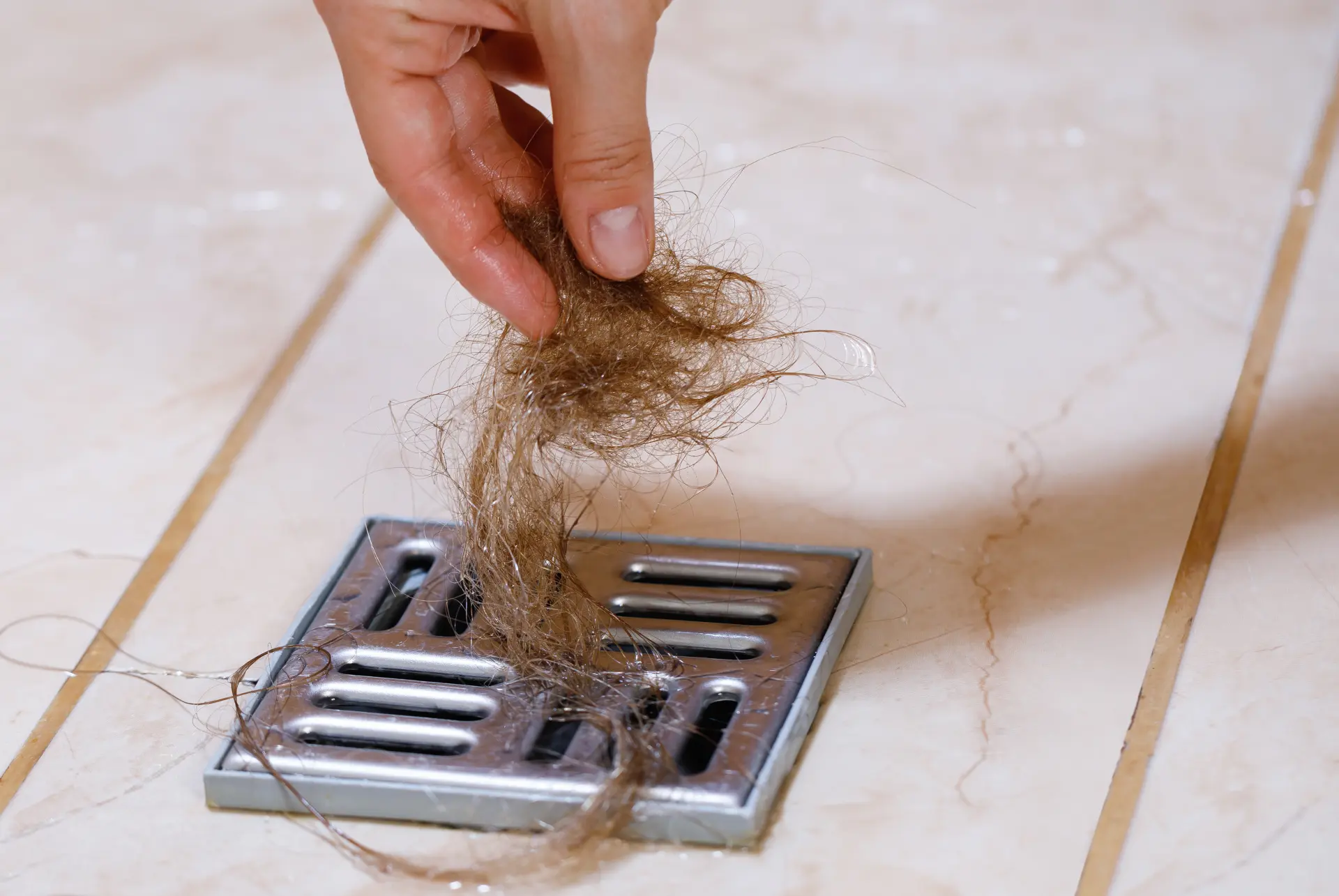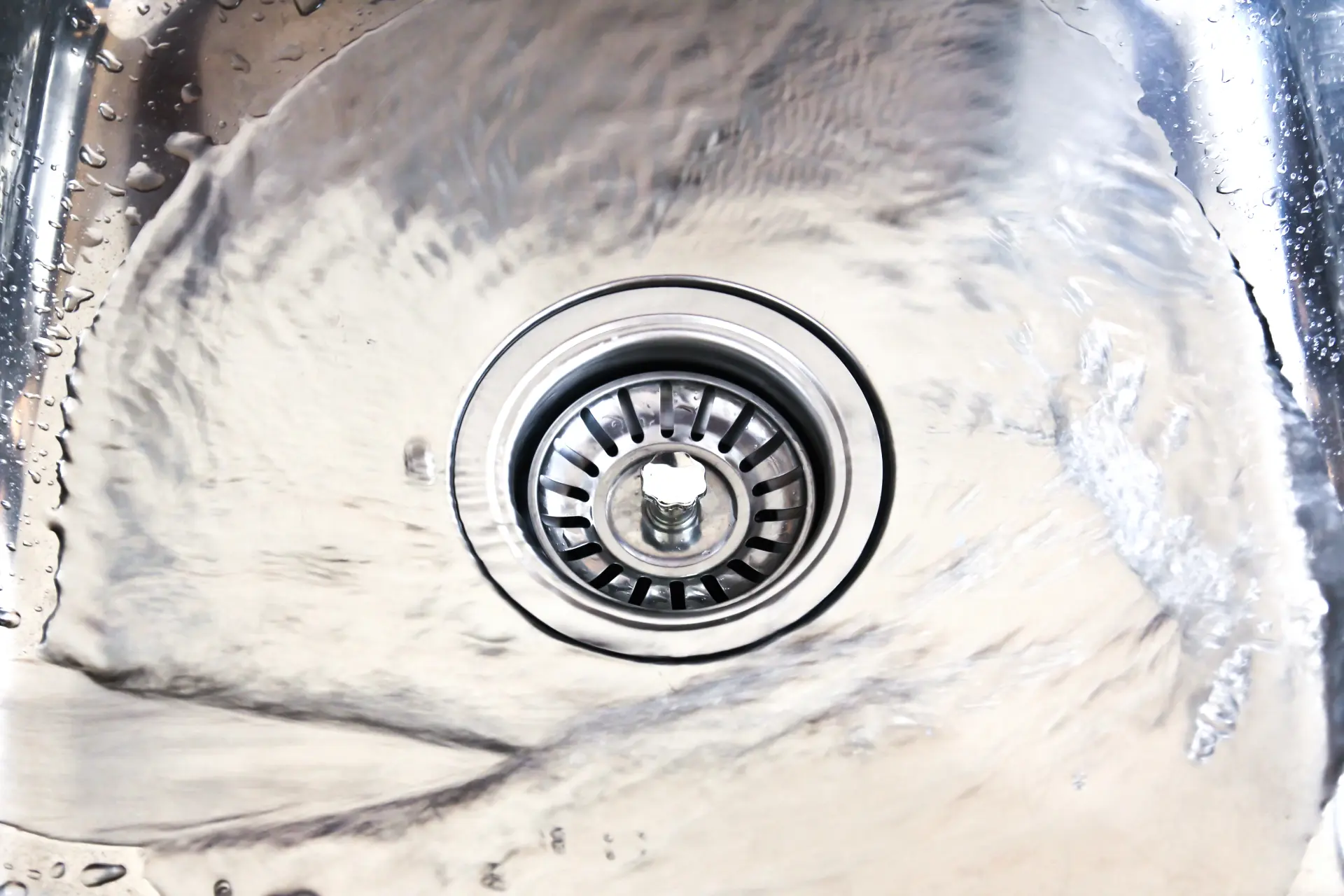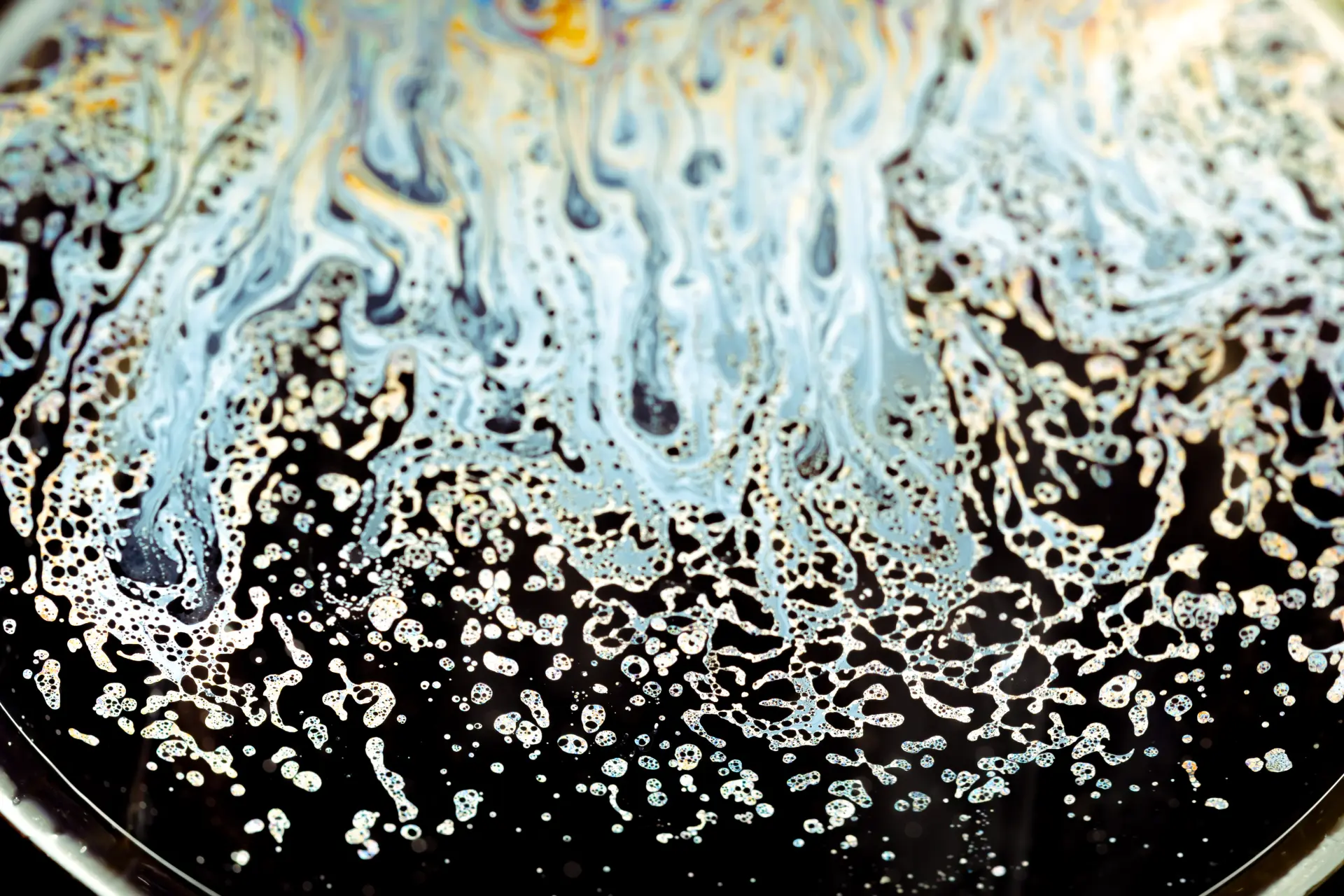Avoid costly repairs with our Tips to Preventing Future Blockages. Get expert suggestions on proper kitchen waste disposal, hair traps, and drain flushing routines.
Dispose of Kitchen Waste Properly
Food waste should never go down the sink. Scrape plates into the bin before rinsing, and avoid letting rice, pasta or small scraps wash away. These items can swell with water and stick inside the pipes, leading to a blockage. Keep a strainer over the plughole to catch food bits.
Tea leaves, coffee grounds and eggshells should go in the bin or compost. Even small particles can gather and build up over time. Disposing of waste correctly not only helps your drains but also protects the environment. Taking this simple step can stop many drainage problems from starting.
Keep Hair Out of Bathroom Drains
Hair is one of the most common causes of bathroom blockages. Whether it’s from shaving, brushing, or washing, loose strands can build up quickly. Once hair goes down the drain, it can catch on soap scum or other debris. Over time, this creates a tangled mess that blocks the water.

To prevent this, use a drain cover or hair catcher in the shower and sink. These inexpensive tools are easy to clean and can trap most hair before it enters the pipe.
Also, avoid flushing hair down the toilet. After shaving or brushing, gather any loose hairs and put them in the bin. Regular cleaning of the plughole area also helps, as even small hairs can collect and create clogs.
If you share a bathroom, encourage everyone to do the same. These small habits can keep water flowing freely and save you from bigger problems later.
Avoid Pouring Grease, Oil or Fat into Sinks
Pouring grease, oil or fat into the sink may seem harmless, but it causes serious problems. These liquids cool down and turn solid in your pipes. Over time, they build up and trap other waste, creating large blockages. Instead of pouring them away, let grease and fat cool in a container.
Once solid, throw it in the bin. For small amounts, wipe pans and trays with kitchen roll before washing. You can also pour used oil into a sealed container and take it to a recycling centre. Keeping fat out of the sink protects your drains and the wider sewage system.
Flush Drains with Hot Water Regularly
Hot water helps keep your pipes clear. By flushing your drains with hot water once a week, you can help wash away any build-up of soap, grease or small particles. This is especially useful in the kitchen and bathroom, where waste often sticks to the inside of the pipes.

Boil a full kettle and pour it slowly down the drain. Let it sit for a minute or two. Then, run warm tap water for another minute. For better results, you can add a bit of washing-up liquid to help break down grease. In bathroom sinks and showers, this can also help loosen soap and toothpaste residue.
Avoid using boiling water on porcelain sinks or plastic pipes, as it might cause damage. If unsure, stick to very hot tap water. This simple weekly habit helps to prevent blockages from forming in the first place and keeps your drains working properly. It also reduces smells that can come from trapped waste.
Schedule Routine Inspections
Regular drain checks can stop small issues from turning into big problems. A professional inspection can find early signs of blockages, pipe damage or tree root intrusion. Most homes benefit from an inspection once a year. This is especially helpful if your property is older or has had problems before.
Drain experts use tools like small cameras to check inside pipes without digging. These checks are quick, affordable and give peace of mind. Preventing a blockage is easier and cheaper than fixing one. Routine inspections are a smart way to protect your plumbing and avoid sudden, costly repairs.
If you need help with blocked drains in Redcar, Darlington, Hartlepool, East Cleveland get in touch today. Call 01325 609028 for emergency drain unblocking near you.


